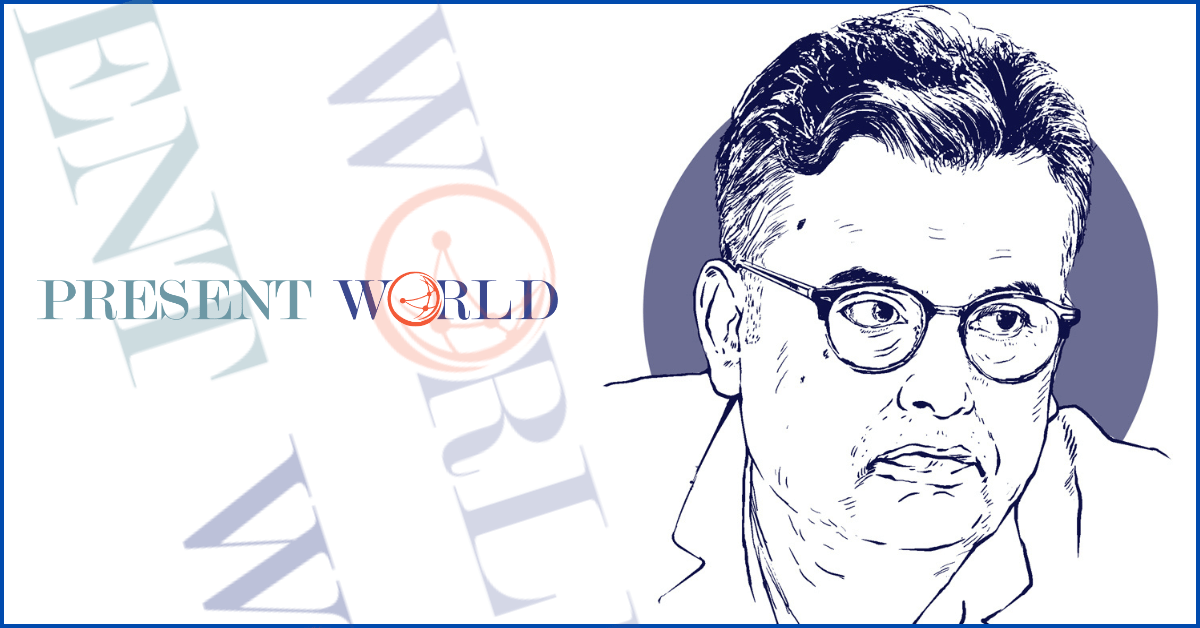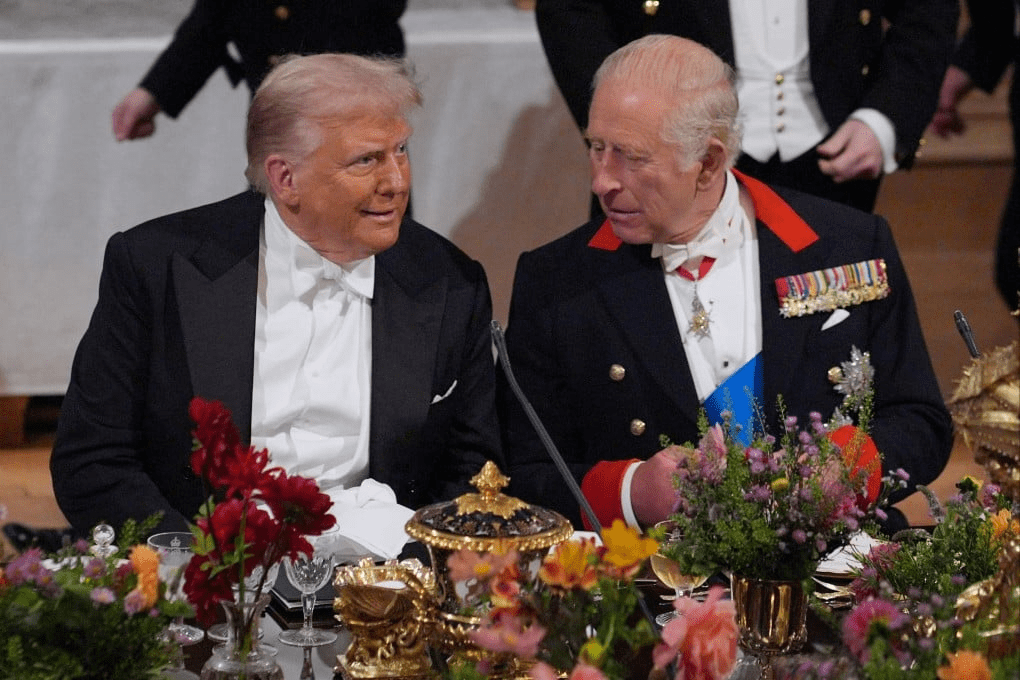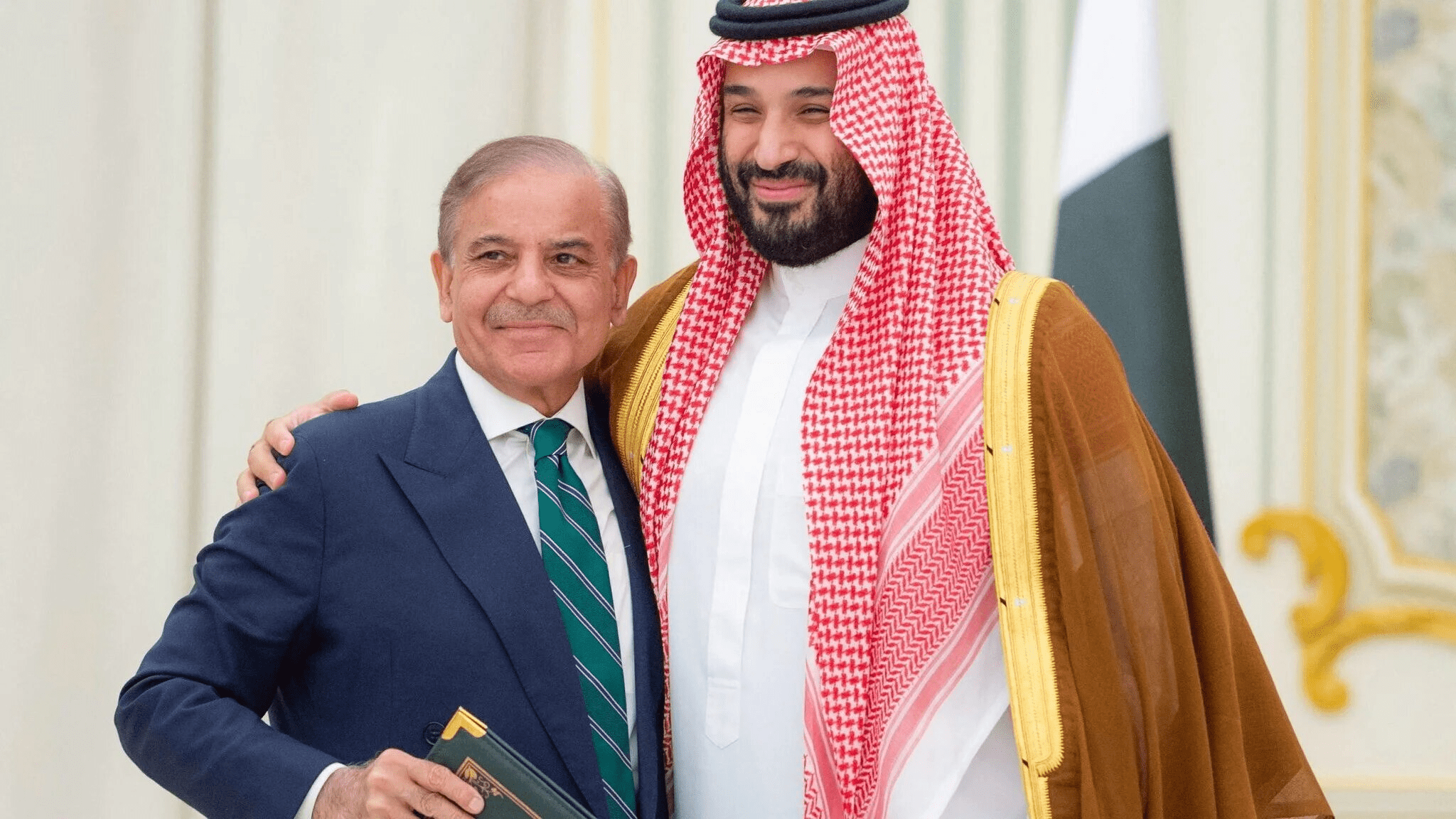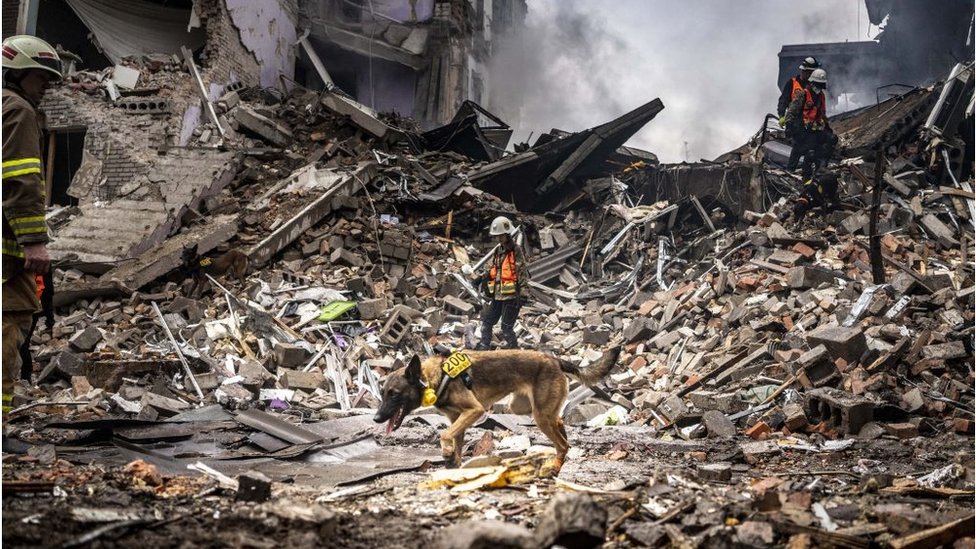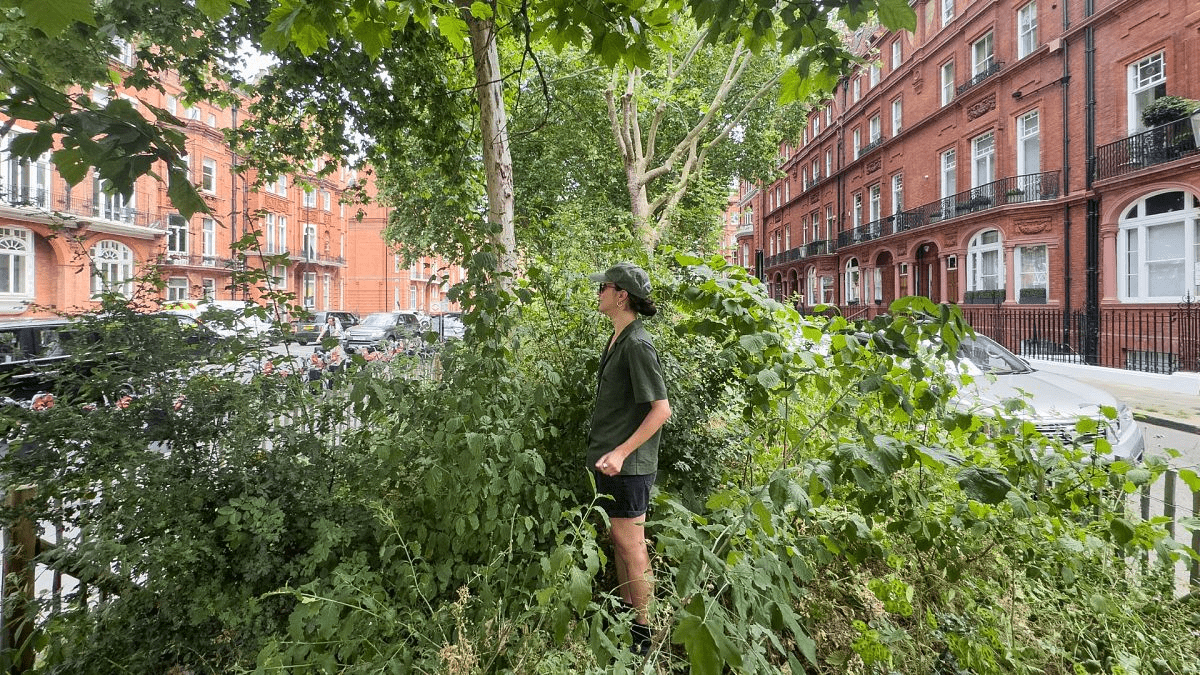The ruling political party, Awami League, has decided to withdraw political symbols and refrain from granting party nominations in all forms of local government elections. It is a correct decision, regardless of how delayed, whenever a political party, institution, or even personal life moves away from a wrong decision.
When I was the Executive Editor of a Daily newspaper, I disagreed with the Awami League’s decision to contest local government elections on a party basis in my column. It was for the country’s sake, democracy, and, above all, society. I shared my observations on how politics within local government had harmed democracy and culture in Nepal and West Bengal. Senior leaders of the Awami League and advisors to the Prime Minister encouraged me to write more on this matter, expressing their agreement. I politely discussed with them that repeating the same topic could be construed as propaganda; I had written as much as I understood. I suggested they discuss it in their party or government forums if they agreed.
Later, when I met the general secretary of the Awami League at the time, he disagreed with my article, mentioning London as a counter-example. Given our deep relationship, I refrained from arguing, simply stating that they have been practicing state democracy for a long time while our society has evolved through a social system for thousands of years.
Politics and the state are relatively new concepts in our lives, and it would be beneficial not to force these concepts with the harshness one might use with a machete. The gentle person did not further the conversation; as usual, the local government was politicized.
As a journalist, I noticed that respectable individuals from society began to be sidelined throughout the nomination process and elections. Over time, respected, educated, and decent individuals started withdrawing from leadership positions in village communities, becoming almost undesired in societal life. Leadership gradually shifted to a type of young politicians inexperienced in life, lacking the age, experience, familial behavior, and education to resist any form of temptation.
Although Bangladesh’s social structure is not ancient, it is certainly not recent. The term “gold gram,” or a well-organized village, has been added to our vocabulary. Historically, self-sufficient villages formed a civilized society on this land thousands of years ago. Introducing state-driven politics into such a civilized societal structure always requires caution to ensure that politics or political parties do not regiment society and individuals. The detrimental effects of politicizing society are evident without looking too far, with West Bengal as a close example. The tactics used by Jyoti Basu in West Bengal to regiment the lower strata of society through politics to extend power and control votes under political or administrative influence are well documented.
Over the past decade, the adverse effects of partisan politics in local government have become apparent. During and after the COVID-19 pandemic, I wrote an article on an online portal addressing this issue. The responses from unknown well-wishers across the country made it clear that our society can no longer tolerate politics in every nook and cranny of home.
Finally, the government and the ruling party have decided not to issue party nominations for local government elections. In one sense, this is the first step towards depoliticizing local government. The extent of this initiative’s success is yet to be determined. Still, it’s unlikely to significantly impact the upcoming or next elections due to the deep-rooted nature of democratic local government in Bengali society. The system, which evolved from tribal practices, was largely untouched by foreign rulers, including the Mughals, Pathans, British, French, and Dutch. The destruction of local government began in the 1960s with President Ayub Khan of Pakistan integrating it with mainstream politics under his essential democracy. A few elections will not be enough to reverse this trend, but any move towards improvement is fortunate for the country.
However, whether local leaders will adhere to this non-partisan approach remains a question. They may still prefer their candidates to win. With implicit support from the administration, confronting such an arrangement would be unlikely for any upright individual. The main question before the election is whether the central authority can control local influences. Prime Minister Sheikh Hasina, the central figure in the ruling party, faces the challenge of managing the entire grassroots level by herself.
Despite prolonged cloudy skies, searching for a ray of sunshine seems appropriate. It would be significant if these elections reignited people’s desire to vote, even partially. Voting out of free will and support for a candidate could momentarily illuminate society from the skies to the grass on the fields.
Voting dynamics have changed worldwide, with even China claiming to be a democratic state because its leaders are elected by many members, albeit for life. The foundation of robust, open democracy globally is increasingly questionable.
A shift in thinking about democracy and the state is evident among the youth in Bangladesh. Conversations reveal a change in their perceptions, with many disinterested in politics, considering it a waste of time. They prefer to focus on their lives, viewing it as their responsibility. They harbor no resentment towards the state’s beneficiaries, considering it a universal phenomenon. The enthusiasm once seen for the Soviet Union as a utopia has faded, and even the influence of religion seems questionable, as technology has taught that post-revolution, the comrades who reside in palaces previously occupied by czars. Many young people understand that personal merit can lead to success in any state system.
Expecting a quick return of the youth to voting booths may be overly optimistic at this moment. Time will tell the right course of action.
Secondly, even without party symbols, the initial local government elections will not be completely free from politics, nor will the truly respectable members of society be elected in significant numbers. Most will be elected with covert political support. However, if this process begins to bring back individuals with wisdom, sacrifice, and integrity to lead society, it would be a significant step forward.
Society is not a toy or a rented house. In our civilization, society is our permanent address. A deep introspection reveals that our cultural heritage constitutes 95% of our lives. Political and religious ideologies have come and gone, like oil on water, seemingly covering everything, but 95% remains water underneath. Thus, our cultural heritage is the natural sanctuary for the people of this land. Even if cleaning up a part of this sanctuary by removing politics from local government elections brings some improvement, it would be a significant achievement in the history of civilization.
Swadesh Roy is an author, National Award-winning Journalist, Editor and Publisher of Sarakhon and The Present World.

